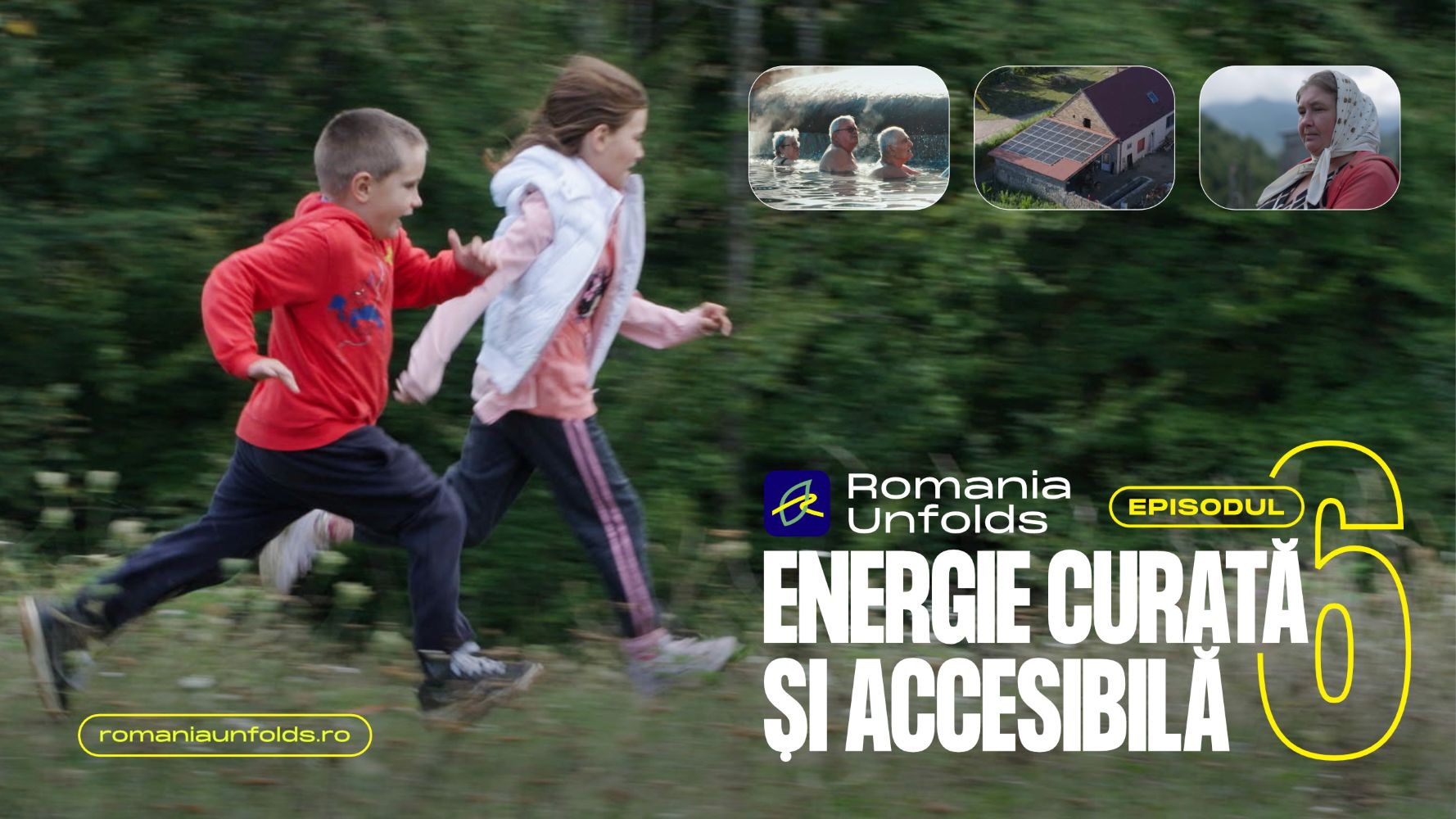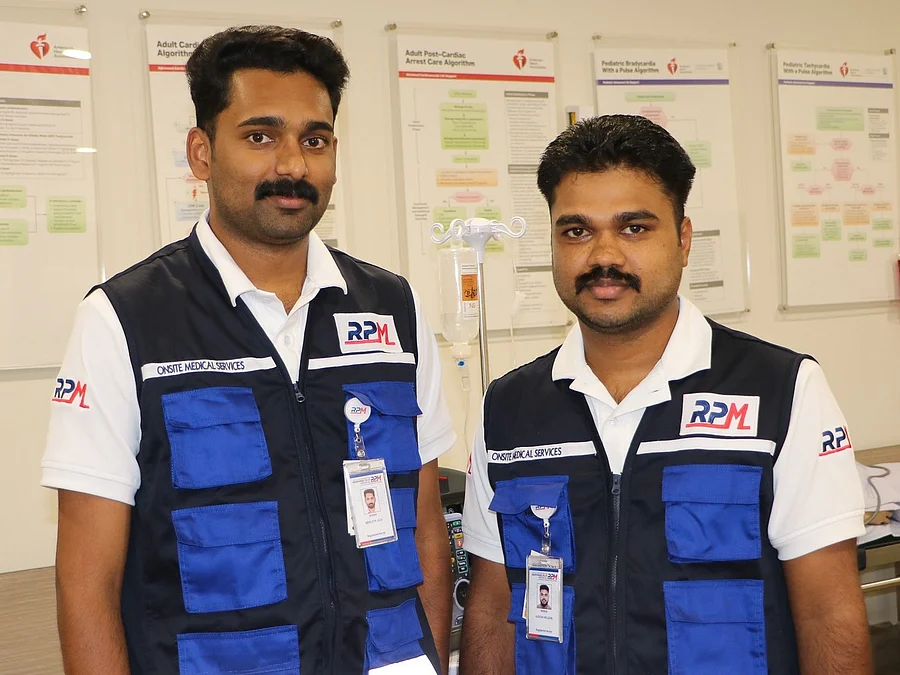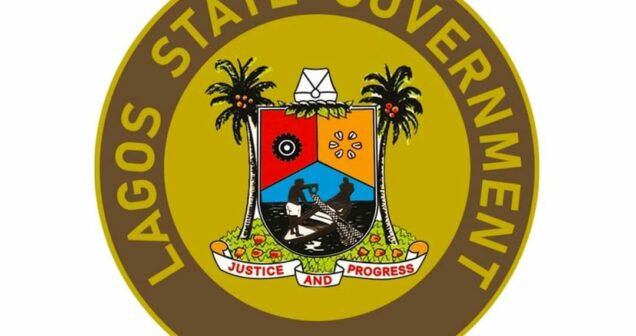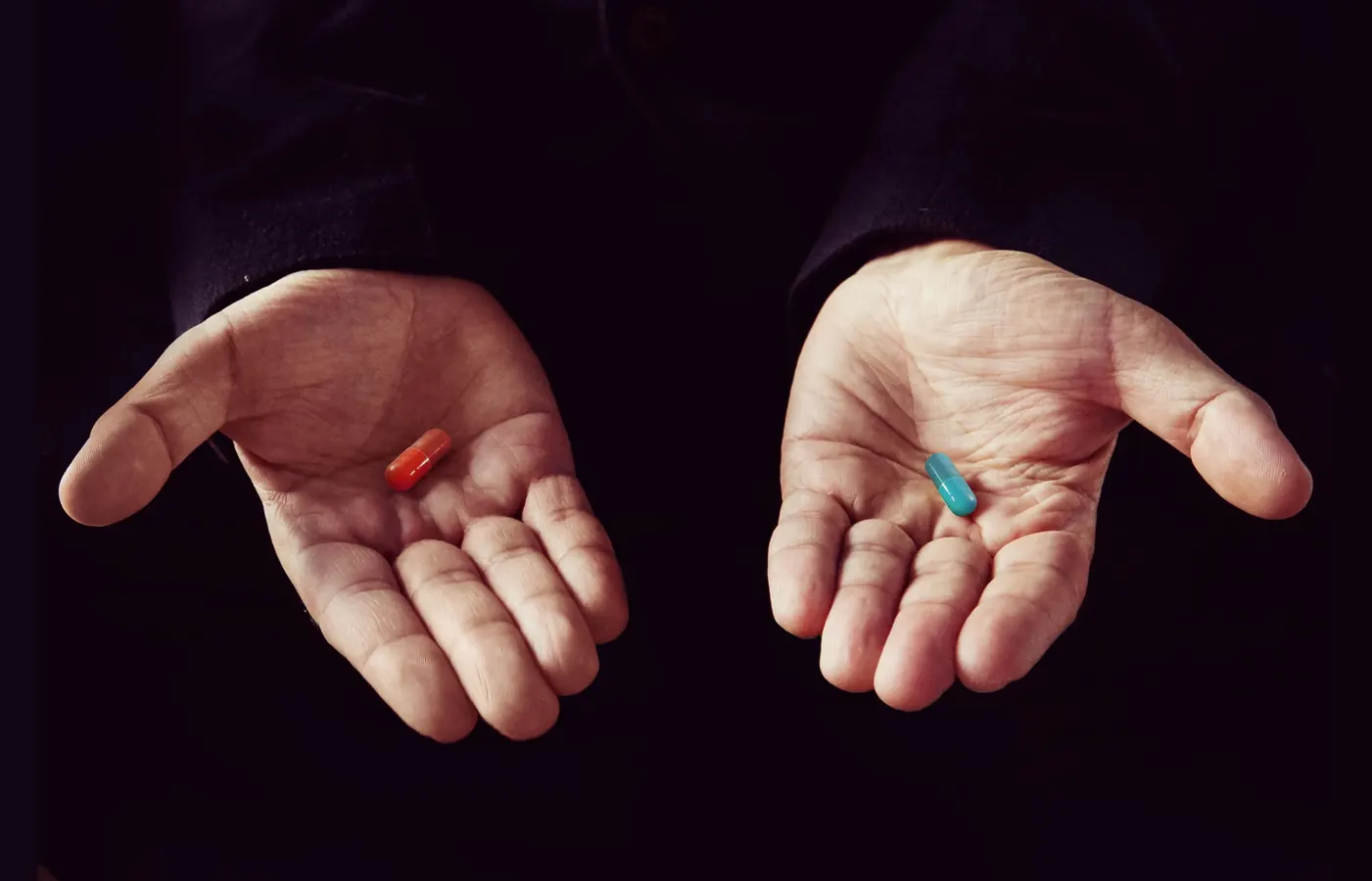Copyright business-review

The “Romania Unfolds” platform, initiated by Veolia Romania – an integrated water and energy services provider, highlights how local communities are contributing to the green transition through concrete initiatives. The latest episode, dedicated to SDG 7 – Clean and Affordable Energy, shows how Romania is harnessing its renewable resources to build a sustainable economy, leaving no one behind. “Romania has a real potential to become a regional production and storage hub for green energy. Beyond the better known sources – hydro, wind and solar – we have a huge potential in geothermal energy and biogas production from waste. In the context in which the country’s essential infrastructure – such as energy and thermal infrastructure – requires modernization and development in order to serve as many consumers as possible, these sustainable solutions have major economic and environmental benefits, contributing to lower costs for the end user, decarbonization of cities and increased energy independence”, said Mădălin Mihailovici, CEO of Veolia Romania. There are currently around 30 biogas plants operating nationwide, and fully exploiting this resource could generate 21.2 TWh of renewable energy per year – enough to power more than 2 million homes. A single tonne of recovered food waste can avoid up to 0.9 tons of CO₂ and produce up to 250 cubic meters of biogas and 900 kWh of energy. The largest biogas plant in the country is located in Cordun commune, Neamț county, which converts organic waste into heat and electricity. The company operating the plant aims to reach an annual capacity of 10 million m³ of biogas, strengthening the private sector’s contribution to the energy transition. In parallel, geothermal energy is becoming increasingly relevant in the Romanian energy landscape. The country has a resource estimated at 1.67 million Gcal per year, already tapped in several successful local projects. An emblematic example is the commune of Lovrin (Timis county) – the first Romanian commune to use geothermal water to heat homes. The system in place there reduces CO₂ emissions by up to 20 times compared to gas installations and 40 times compared to coal-fired installations, demonstrating the positive impact of investing in clean energy on the environment and communities. But while progress is visible, energy inequality remains a major challenge. Some 32% of Romanians live in energy poverty and over 7,500 homes are still not connected to the electricity grid. In this context, projects like “Energy for Life”, run by the Intelligent Energy Association, offer concrete and sustainable solutions. Through the installation of photovoltaic panels in 71 households in 8 counties, families in remote areas have had access to electricity for the first time, helping to bridge social and energy gaps. Through its authentic stories, “Romania Unfolds” shows how innovation, collaboration and responsible use of local resources can turn communities into agents of change. In this way, the energy transition is taking shape in Romania – through facts, people and sustainable solutions that energize the future. The Veolia Group aims to be the benchmark company for green transformation. With a presence on 5 continents and some 215,000 employees worldwide, the Group offers useful and practical solutions for water, waste and energy management that contribute to a radical change in today’s context. Through its three complementary divisions, Veolia supports the development of access to resources and their conservation and restoration. In 2024, the Veolia Group provided drinking water to 111 million people and sewerage services to 98 million people, produced 42 million megawatt-hours of energy and treated 65 million tons of waste. Veolia Environnement had consolidated revenues of EUR 44.7 billion in 2024. In Romania, Veolia is a provider of integrated water and energy services. With 3,600 employees, the company acts strategically at the local level to implement essential services at the highest quality standards and support the development of smart cities, serving more than 2,100,000 consumers.



